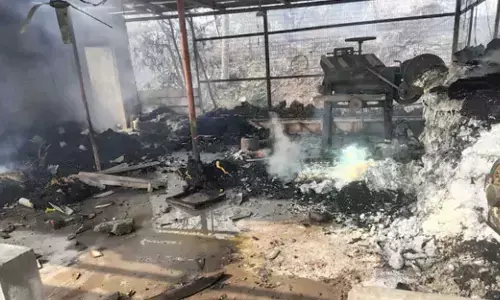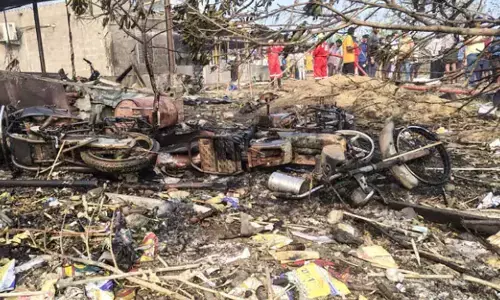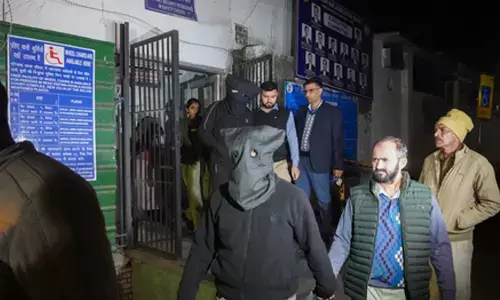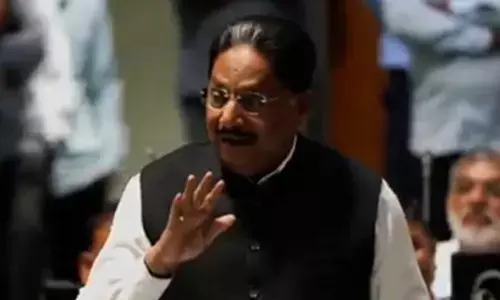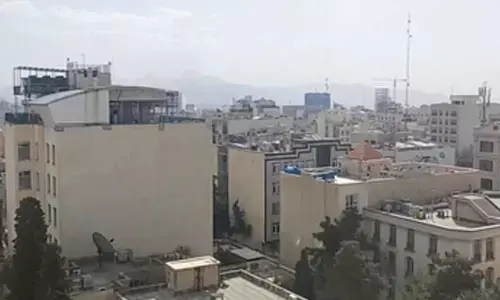Dangerous to speak up in Modi's India: Time magazine
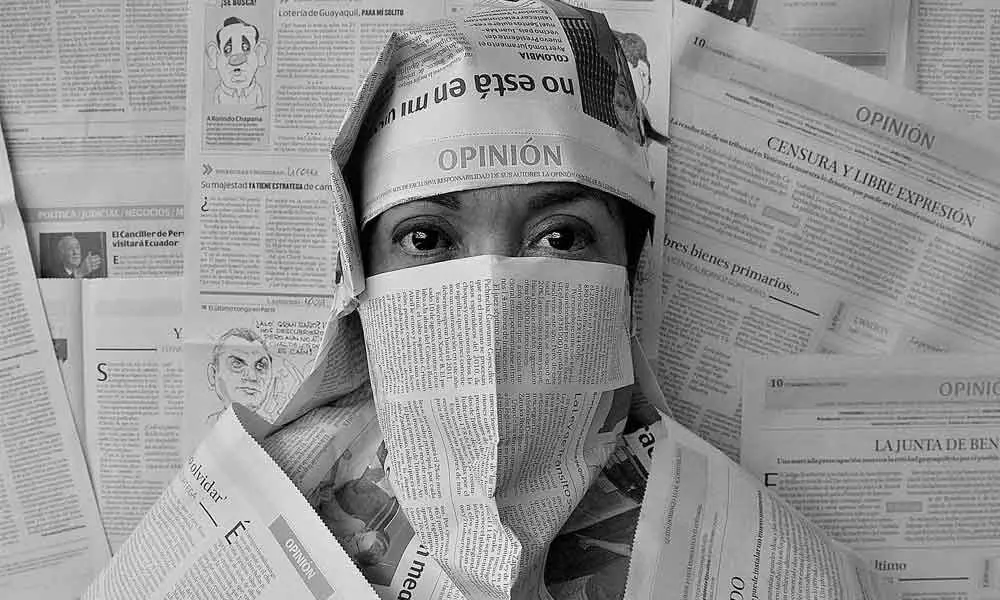
Dangerous to speak up in Modi’s India: Time magazine
In 2020, Freedom House down ranked India's academic freedom score from three to two out of a possible four
New Delhi: "It Is Dangerous To Speak Up In India Today", is the headline of a story in Time magazine which talks about what the resignations of 2 academics show about freedom of expression under the Narendra Modi government.
Two prominent academics stepped down from their positions at one of India's most respected universities this week, shining a spotlight on the state of academic freedom and a widening crackdown on dissent under the Hindu nationalist ruling party, the Time magazine report said.
Pratap Bhanu Mehta resigned from his position as a Professor of Political Science at Ashoka University near Delhi on Monday. In his letter of resignation, reproduced online Thursday, Mehta suggested that he had been forced to step down because of indirect pressure by the Indian government, the report said.
Arvind Subramanian, an Economics Professor at Ashoka who once served as Chief Economic Adviser to Prime Minister Narendra Modi, also resigned from his position on Thursday in solidarity with Mehta, calling his treatment an affront to "academic expression and freedom".
The report said the resignations are the latest example of what observers say is a tightening of academic freedoms, and dissent more broadly, driven by the ruling Hindu nationalist BJP.
In 2020, the US NGO Freedom House down ranked India's academic freedom score from three to two out of a possible four, "due to rising intimidation in recent years that is aimed at controlling academic discussion of politically sensitive topics".
In his resignation letter, Mehta suggested that he had been forced to step down because of indirect pressure on Ashoka University from the Indian government. "After a meeting with (the university's) Founders it has become abundantly clear to me that my association with the university may be considered a political liability," he wrote. "My public writing in support of a politics that tries to honour constitutional values of freedom and equal respect for all citizens, is perceived to carry risks for the university. In the interests of the university I resign."




